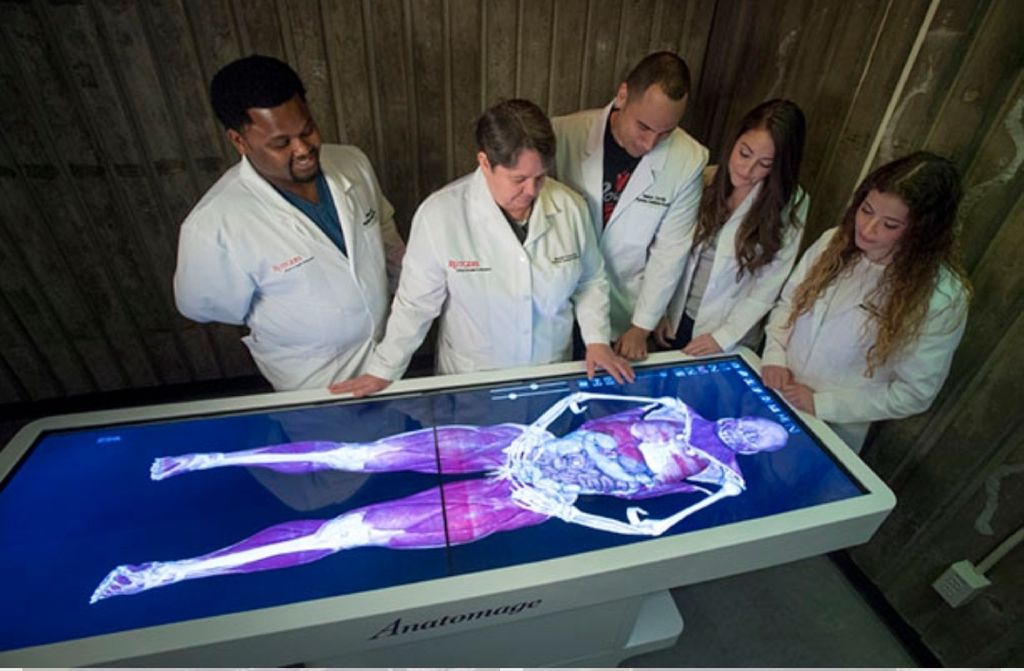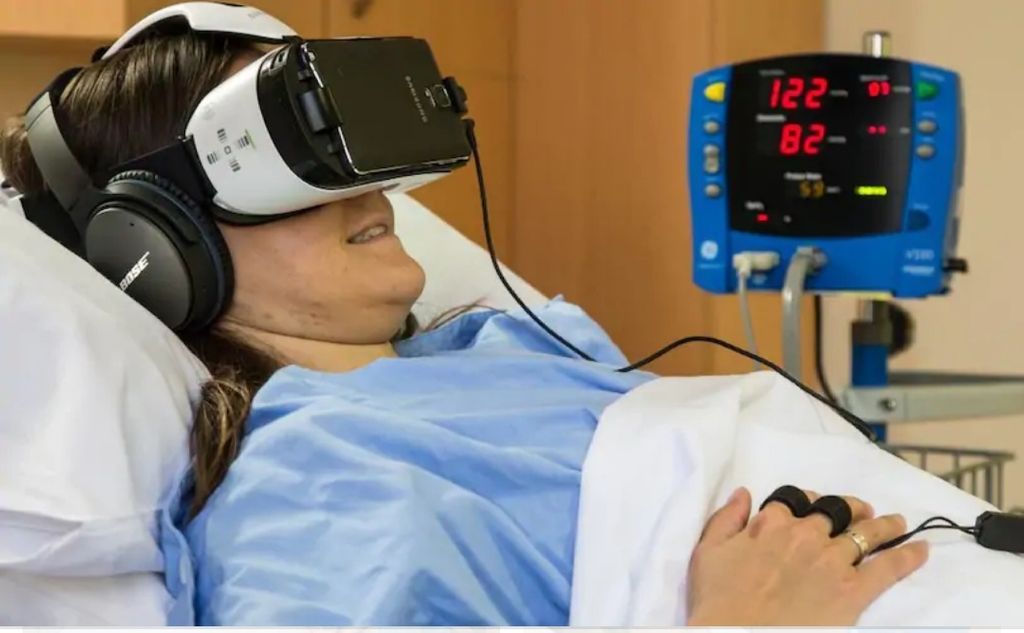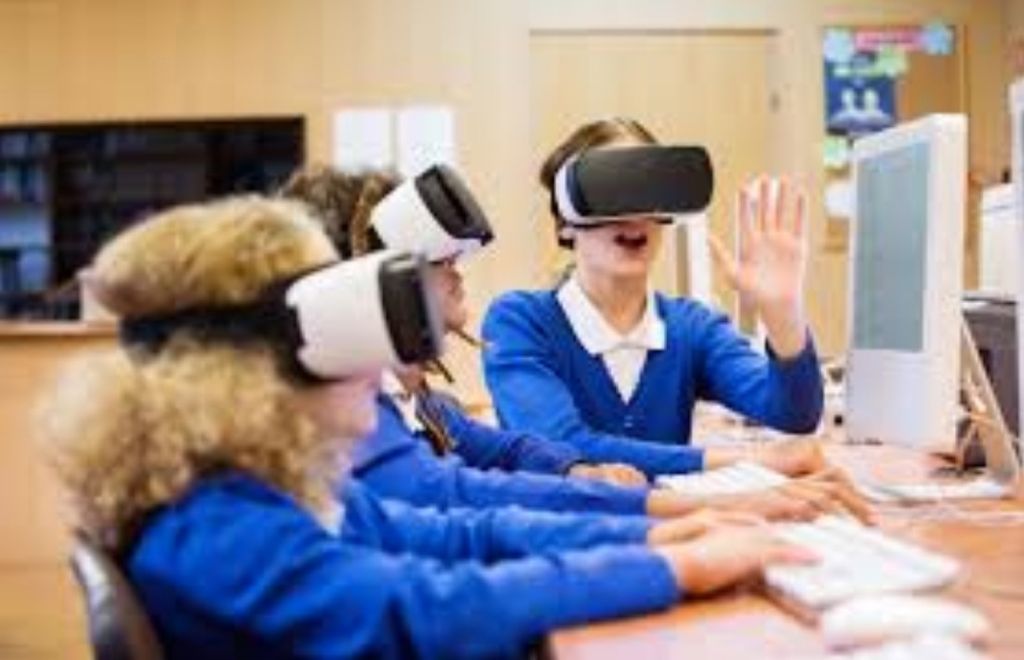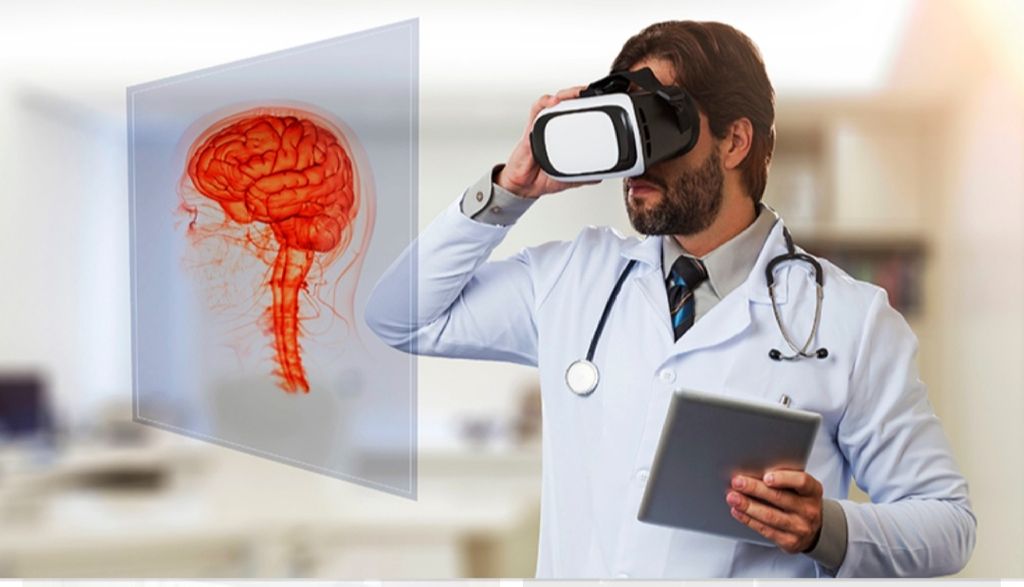Virtual Reality And Healthcare
May 27, 2019 • 36 views
Virtual Reality represents the biggest form of learning essentially because you are immersed in the task and actually doing it.
Watching Sci-fi films was all about Virtual Reality (VR) and as a child, I remember watching such movies and wondering if I had been around to see the age where we will finally see a 'consumer-ready' VR device and here we are experiencing this 'computer-generated' environment that places users in seemingly life-like situations with which they can interact. While gaming and watching movies may be the first things that come to mind when thinking about VR, nowadays there are many other applications where technology is being used. One of the most important developments in VR is its use in the Healthcare Industry. There are many areas in Healthcare Industry where VR is used and it seems unimaginable how a technology which was once used in movies and games is now serving patients, but as we know this is a modern era where anything and everything is possible. Here are some of the roles played by Virtual Reality in the Healthcare Industry -

Virtual reality is used as a diagnostic tool for various diseases like Schizophrenia, Alzheimers Disease, traumatic brain injury, etc. VR is helping physicians to prepare for surgeries. It determines how best to carry out procedures, surgeons require realistic images of the patient's anatomical structures like bones and tissues. By using the images, doctors can make more informed decisions about what actions to be followed.

Knowledge of Human Anatomy is the foundation of medical knowledge. One such example is medical students at the University of California, San Francisco who are using VR technique to explore the human body. VR simulations help to understand the interaction between muscles, nerves, tissues, etc.

Virtual Reality is helpful in the treatment of disorders related to the brain. VR creates realistic virtual environments that simulate feared situations and while patients are in simulations, therapists can closely monitor physiological indicators.

Advantages are also backed by several disadvantages and though VR is entering the industry of healthcare, it has come across many challenges. VR devices and treatment is expensive and we will have to wait for that day when every single hospital are ill-equipped with this technology. Finally, VR has proved that the right knowledge can help us achieve great success in the Healthcare Industry.
